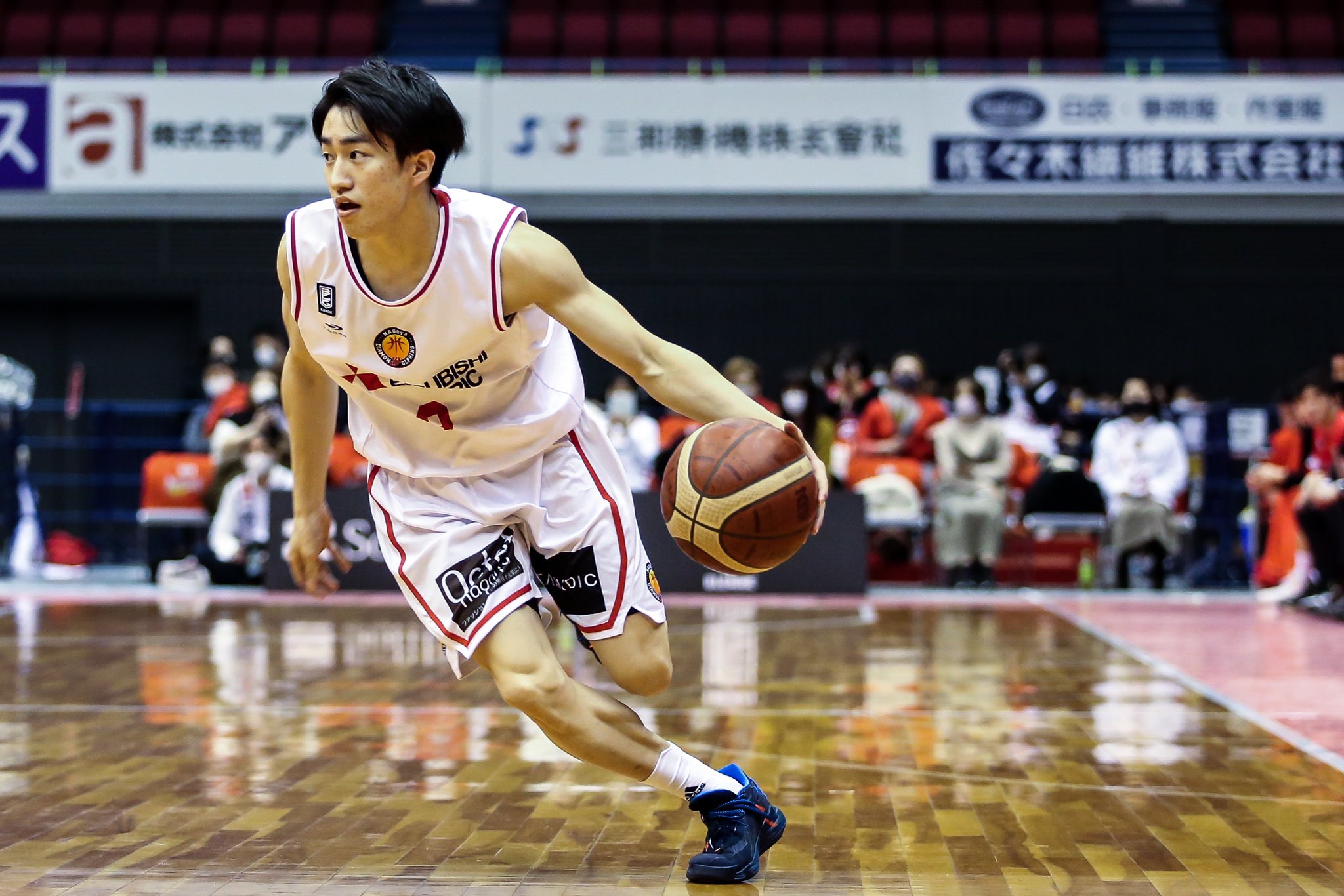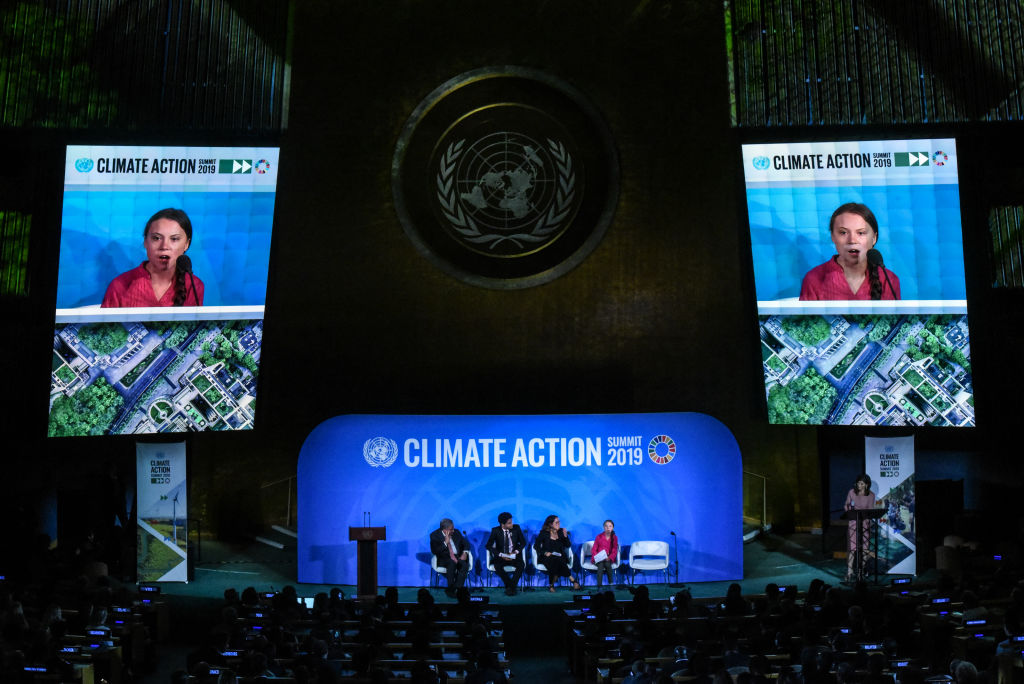
First Professional Japanese Basketball Team Joins UN Climate Change Initiative
February 12, 2021
Professional basketball team of the Japanese B. League, the Nagoya Diamond Dolphins, have become the first professional Japanese sports club to sign on to the climate change initiative powered by the United Nations. It joins a growing movement of sports organizations tackling social and climate issues in their community and the world.
The Diamond Dolphins compete in the first division of the Japanese B. League, which is a professional men’s basketball league that began in 2016. The league is operated by the Japan Professional Basketball League and was formed as a result of a merger between the National Basketball League and the independently operated bj league (Basketball Japan League).
UN Climate Change's Sports for Climate Action Framework calls on sports teams and organizations around the world to take leadership in the fight against climate change and undertake systematic efforts to promote greater environmental responsibility and to reduce climate impact.
Among the nearly 200 current signatories include the 2020 Tokyo Organising Committee, FIFA, the Global Association of International Sports Federations, La Liga, the New York Yankees, The Ocean Race, SkySports and Tennis Australia to name a few.
The Diamond Dolphins signed on late December 2020, following a recent push by Japanese teams to institute the UN Sustainable Development Goals (SDGs) and corporate social responsibility (CSR) programs within their organizations.

“Climate change is a pressing issue to our club as well and it is an extremely meaningful opportunity for us to tackle a global-scale issue along with some of the world’s biggest organizations,” said Diamond Dolphins president Yuki Yamashita in a statement.
The team aims to reduce plastic usage by 83.1% before the end of the 2020-21 season. As the first step of its environmental activities, the Dolphins have tried to replace plastic plates, forks and knives at concession stands and food trucks with eco-friendly materials such as biodegradable utensils in order to reduce carbon dioxide emissions.
Framework members are not penalized for failing to meet their goals, but are expected to make efforts toward meeting carbon neutrality objectives laid out by participants in the Paris Agreement, which looks to reduce carbon dioxide emissions and increase renewable energy usage and efficiency.
At this point, Nagoya is the only Japanese team on the Sport for Climate Action platform, but many Japanese teams and organizations have launched their own CSR and SDG programs to contribute to sustainable societies around their own local communities.